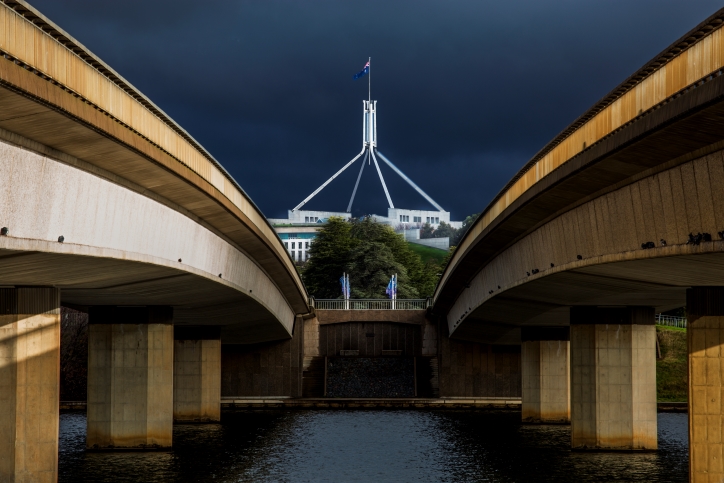Australia’s largest retail peak body, the Australian Retailers Association (ARA) has welcomed key outcomes from Friday’s Environment Ministers Meeting but says failure to provide a nationally agreed timeline and approach to the phase-out of single-use plastics is a missed opportunity that will continue to increase cost and complexity.
ARA CEO Paul Zahra said that many retailers have already taken positive steps to address community concerns about plastic pollution but that the sector desperately needed a national plan to guide the ongoing phase-out of unnecessary and problematic single-use plastics.
“We welcome the increased focus on biodiversity and threatened species outlined in the communique following the Environment Ministers Meeting. Restoring, nurturing and preserving Australia’s natural environment is of critical importance to our country and we commend the shared commitment to step-up our efforts in these important areas,” Mr Zahra said.
“However, plastic pollution one of the most immediate sustainability issues for retail right now and our sector supports a timely and cost-effective phase-out of single-use plastics.
“The communique committed to ‘nationally harmonised definitions’ to support this phase-out. These definitions are important but what we need now is a national plan to address this national problem. While we applaud the proactive approach that state and territory governments are taking, the lack of a national framework has meant this change has been more costly and complex than necessary.”
The ARA warmly welcomed other commitments outlined in the communique that will reduce environmental degradation and resource depletion while supporting the transition to net-zero emissions.
“The Government’s commitment to expanding the National Waste Policy Action Plan, reforming regulation of packaging design to support the transition to the circular economy and the phasing-out of harmful chemicals in food packaging are all positive and impactful developments for the retail sector,” Mr Zahra said
“These measures will help to address immediate environmental issues and support the transition to the low carbon, circular economy of the future. And the 30/30 Pledge, increased protection for threatened species and the establishment of a national Environmental Protection Agency (EPA) will also be welcomed by the broader community.
“For the time being though, our members are focused on plastics and dealing with the inefficiencies of eight different jurisdictions that are all managing the phase-out of plastics differently. That’s why we need national consistency and a mutually agreed timeline that everyone can operate within, not just nationally agreed definitions.
“It has been 13 years since the first plastics bans were implemented in South Australia. The time for definitions and words has passed. What we need now is collective action to drive collective impact,” Mr Zahra said.







